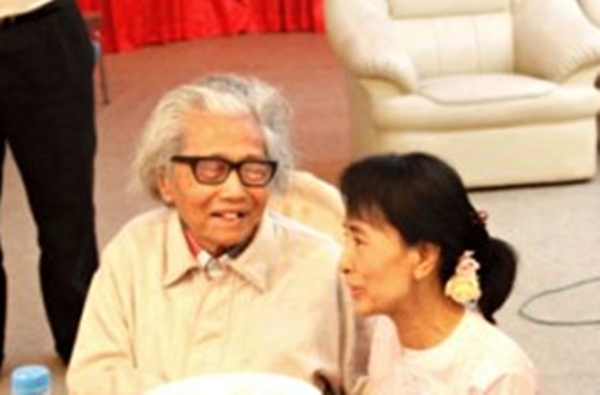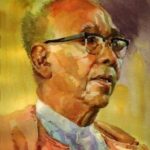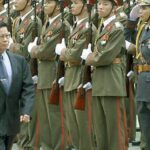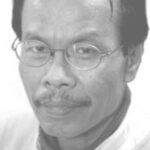
Dagon Taya (1919–2013)
Early Life and Education
Dagon Taya, born Htay Myaing on May 10, 1919 in Kyaunggon, Ayeyarwady Division, was one of Myanmar’s most celebrated modern writers, poets, and thinkers. He grew up in a rural setting and later studied at the University of Rangoon, where he became active in the student union during the 1930s and 1940s — a period of rising nationalism and anti-colonial struggle. His pen name “Dagon Taya” literally means “A Student from Dagon (Yangon)”, reflecting his identity as both a writer and activist.
Literary Contributions
Dagon Taya is widely regarded as a pioneer of modern Burmese literature. He was part of the Khit-San (Testing the Age) movement, which sought to modernize Burmese writing by introducing fresh styles and themes.
His short stories, poems, and novels broke away from rigid classical traditions and spoke directly to the struggles of everyday people.
He explored themes of freedom, democracy, social justice, and human dignity.
His works were accessible to both intellectuals and the broader public, making him one of the most widely read Burmese authors of the 20th century.
Famous works include “A Maid’s Diary,” “The Man Who Was a Woman,” and numerous essays that examined society, philosophy, and politics.
Political Activism and Imprisonment
Dagon Taya was not just a writer — he was a fearless activist. He became involved in politics as a student leader in the Dobama Asiayone (We Burmans Association) and remained committed to democracy and social justice throughout his life.
In 1963, he was arrested by General Ne Win’s military regime during a crackdown on intellectuals and spent several years in prison.
Despite imprisonment and censorship, he continued to write and became a symbol of resilience against authoritarianism.
His writings often reflected his philosophy of peace, equality, and moral integrity.
Later Life and Recognition
After his release, Dagon Taya withdrew somewhat from public politics but never ceased writing. He lived quietly in the Shan State town of Aungban, continuing to produce essays, poetry, and fiction that influenced generations of younger writers.
In 2003, he was awarded the Manhae Peace Prize in South Korea for his contributions to literature and peace.
In 2009, he received Myanmar’s Lifetime National Literary Award, cementing his place as one of the country’s greatest modern writers.
Death and Legacy
Dagon Taya passed away on August 19, 2013 at the age of 94. His funeral was attended by writers, students, and activists who honored him as both a literary giant and a moral leader.
Today, he is remembered as:
A trailblazer of modern Burmese literature.
A voice of democracy and human rights.
A symbol of intellectual courage, who stood firm through dictatorship and change.
📖 In summary: Dagon Taya was more than a writer — he was a poet, philosopher, and activist whose words captured the spirit of Myanmar’s people and their struggle for freedom. His life’s work continues to inspire new generations seeking truth, justice, and dignity.





